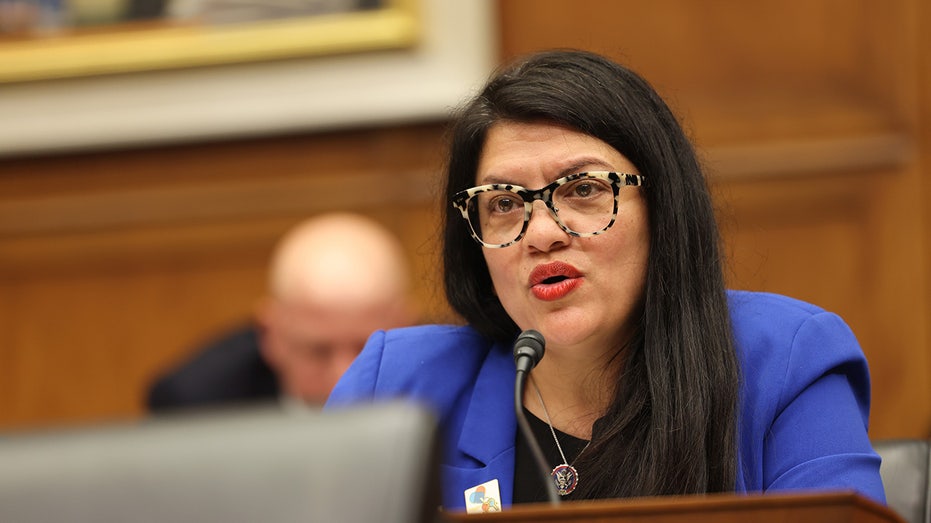A firestorm erupted at Indiana University after a lecturer equated the “Make America Great Again” movement with overt acts of hate. The controversy began during a class on “oppression and power dynamics,” where a student’s perspective would soon trigger a swift response from the administration.
The core of the dispute was a presentation slide depicting a “pyramid of white supremacy.” Within this graphic, the MAGA slogan was positioned alongside deeply disturbing imagery – police brutality, discriminatory hiring practices, and even lynchings – sparking immediate outrage.
The instructor, Jessica Adams, didn’t shy away from her interpretation, explicitly labeling MAGA as “covert white supremacy.” She argued it represented a form of prejudice that had become normalized, placing it disturbingly close to symbols of historical and ongoing hate.

A student, disturbed by what they perceived as blatant ideological bias, bravely reported the incident. This complaint reached the office of state Senator Jim Banks, setting in motion a chain of events that would test the boundaries of academic freedom.
The student’s report centered on a recently enacted Indiana law – Senate Enrolled Act 202 – designed to safeguard intellectual diversity in state-funded classrooms. The law mandates that faculty foster “free inquiry” and avoid imposing unrelated political viewpoints on students.
University officials responded quickly, removing Adams from her “Diversity, Human Rights, and Social Justice” course while an investigation commenced. This action, described as taken “out of an abundance of caution,” underscored the seriousness of the allegations.
Despite being removed from the course, Adams remains employed by the university and continues to teach other classes. The course itself is now being led by a series of guest lecturers, creating an unusual disruption to the academic schedule.
Adams and her colleagues within the American Association of University Professors (AAUP) chapter have vehemently protested the decision. They claim the university overreacted and violated due process, arguing that instructors should have the freedom to introduce diverse perspectives into their classrooms.
The case has ignited a debate about the limits of academic discourse and the role of universities in fostering open inquiry. It raises fundamental questions about how to balance intellectual freedom with the need to create a learning environment free from partisan bias and harmful rhetoric.
The investigation is ongoing, and its outcome will likely have significant implications for how Indiana University – and potentially other institutions – navigate the increasingly complex landscape of academic freedom and ideological expression.





